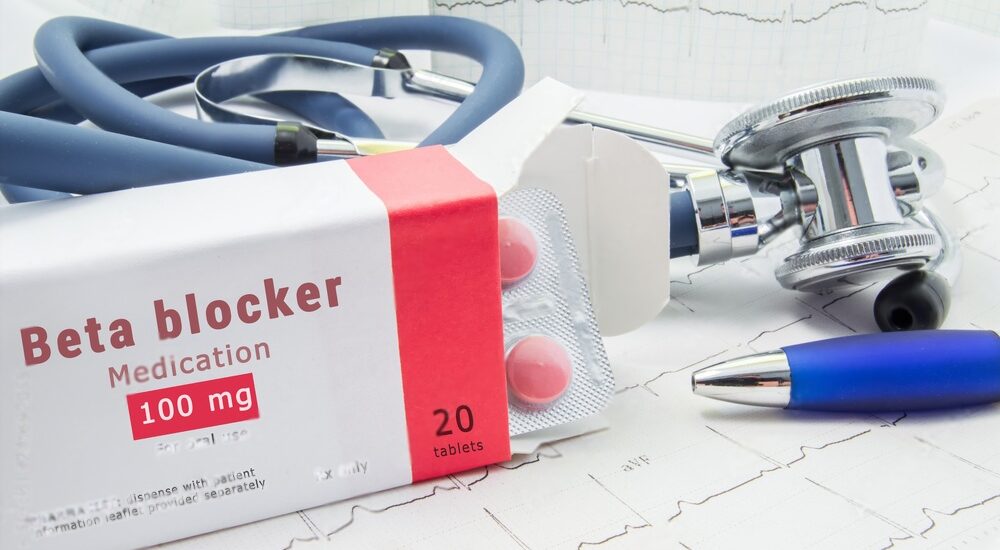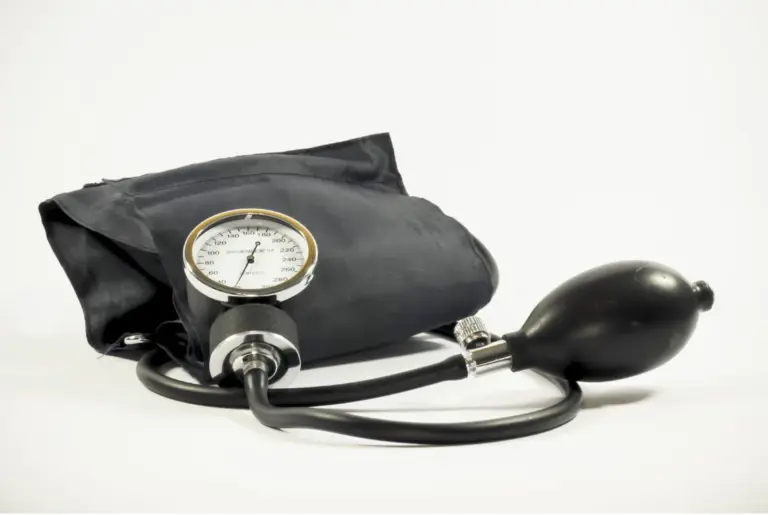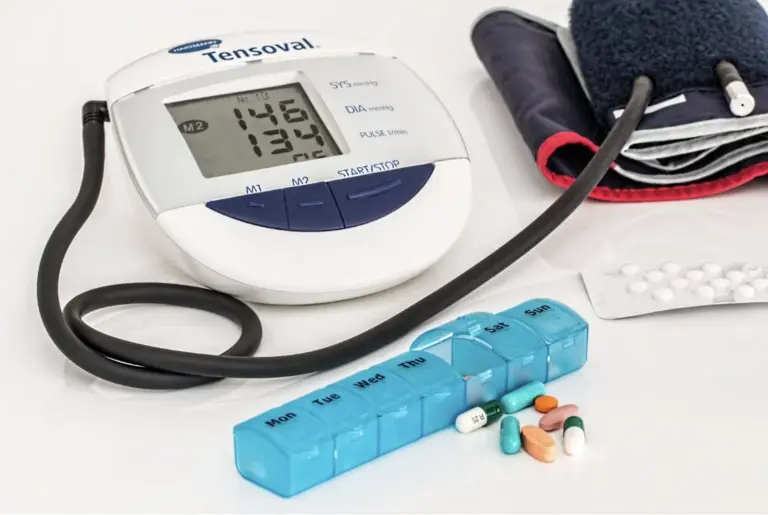What are Beta Blockers?
Beta-blockers, also known as beta-adrenergic blocking agents, are a type of drug that is often used to treat cardiovascular disorders. These drugs act by inhibiting the effects of adrenaline and related chemicals on the body’s beta receptors. By doing so, beta-blockers help regulate heart rate, reduce blood pressure, and manage certain cardiac conditions.
If you are wondering ‘what are beta blockers’ going to help with?
Beta-blockers drugs are widely used in the medical field and have proven to be effective in treating a range of conditions, including hypertension (high blood pressure), angina (chest pain), arrhythmias (irregular heart rhythms), heart failure, and even migraines. Additionally, they may be prescribed after a heart attack to help prevent future cardiac events and improve overall heart function.
How do beta-blockers work?
Beta-blockers drugs work by blocking the effects of adrenaline and similar substances on beta receptors in the body. These receptors are located in various tissues, including the heart, blood vessels, and lungs.
When adrenaline binds to beta receptors, it triggers a cascade of responses that can increase heart rate, constrict blood vessels, and raise blood pressure. Beta-blockers stop this process by occupying the beta receptors and preventing adrenaline from binding to them. By stopping the beta receptors, these medications exert several effects on the cardiovascular system such as heart rate reduction, improved oxygen supply to the heart and many more.
What are beta-blockers used for?
Beta-blockers are a versatile class of medications that are used for various medical conditions. Here are some common uses of beta-blockers:
-
Hypertension (High Blood Pressure):
Beta-blockers also called hypertension drugs, are frequently prescribed to manage high blood pressure. By reducing the heart rate and the force of contractions, these high-blood pressure medications help relax blood vessels and lower blood pressure.
-
Angina:
Beta-blockers are beneficial in treating angina, a condition characterised by chest pain or discomfort due to reduced blood flow to the heart. These medications help reduce the heart’s workload, improve the oxygen supply to the heart, and alleviate angina symptoms.
-
Heart Failure:
Beta-blockers can be prescribed for certain types of heart failure. They help to improve heart function, reduce the risk of arrhythmias, and enhance the heart’s pumping efficiency, leading to better overall outcomes.
-
Arrhythmias:
Beta-blockers are used to manage various types of arrhythmias (irregular heart rhythms). By slowing down the heart rate and reducing the electrical impulses that cause abnormal rhythms, they can help restore a normal heart rhythm.
-
Migraine Prevention:
Certain beta-blockers, such as propranolol, have shown efficacy in preventing migraines including migraines associated with atrial fibrillation. They work by reducing the frequency and severity of migraine attacks, potentially by affecting blood vessels and neurochemical pathways involved in migraines.
-
Glaucoma:
Some beta-blocker eye drops are used to lower intraocular pressure in individuals with certain types of glaucoma. These eye drops reduce the production of aqueous humour, the fluid inside the eye, which can help prevent optic nerve damage.
-
Anxiety and Performance Anxiety:
Beta-blockers may be prescribed to manage symptoms of anxiety, particularly in situations where physical symptoms such as rapid heartbeat, tremors, and sweating are problematic. They can help control the physiological manifestations of anxiety, such as increased heart rate and trembling.
Types of beta-blockers
There are several types of beta-blockers available, each with its own specific characteristics and uses. Here are some common types of beta-blockers:
-
Non-selective Beta-Blockers:
These medications block both beta-1 and beta-2 receptors in the body. Examples include propranolol, nadolol, and carvedilol. Non-selective beta-blockers are often prescribed for conditions such as hypertension, angina, and certain types of arrhythmias.
-
Selective Beta-1 Blockers:
These medications primarily target the beta-1 receptors in the heart. They have a lesser effect on beta-2 receptors found in the lungs and blood vessels. Examples of selective beta-1 blockers include metoprolol, atenolol, and bisoprolol. They are commonly used to treat conditions such as hypertension, angina, and heart failure.
-
Beta-Blockers with Intrinsic Sympathomimetic Activity (ISA):
Some beta-blockers have intrinsic sympathomimetic activity, which means they have a partial stimulating effect on beta receptors in addition to their blocking action. These medications may be prescribed for individuals who may be more sensitive to the adverse effects of non-selective beta-blockers. Examples include pindolol and acebutolol.
-
Beta-Blockers with Additional Actions:
Certain beta-blockers, such as carvedilol and labetalol, not only block beta receptors but also have additional actions on other receptors in the body. Carvedilol, for example, has alpha-blocking properties, which can help dilate blood vessels and lower blood pressure. These beta-blockers with additional actions may be prescribed for conditions like hypertension and heart failure.
-
Water-Soluble Beta-Blockers:
Some beta-blockers are water-soluble, meaning they dissolve readily in water. This property allows for intravenous administration, making them suitable for acute situations or in cases where oral intake may not be possible. Esmolol is an example of a water-soluble beta-blocker often used in emergency or critical care settings.
- It is important to note that not all beta-blockers are created equal. They have different effects on the body, and they may be more or less effective for different people.
Side effects of beta-blockers
While beta-blockers are generally well-tolerated by many individuals, they can potentially cause certain side effects. It’s important to note that not everyone will experience these side effects, and the severity and occurrence may vary from person to person. Here are some common side effects associated with beta-blockers:
-
Fatigue and Dizziness:
Beta-blockers can cause fatigue, lethargy, and dizziness, especially when starting the medication or with dose adjustments. These effects may be due to the medication’s impact on heart rate and blood pressure. It is advisable to avoid activities that require alertness until you know how beta-blockers affect you.
-
Cold Hands and Feet:
Some individuals may experience cold hands and feet due to decreased blood flow to the extremities. This happens because beta-blockers can constrict blood vessels in certain areas of the body.
-
Breathing Difficulties:
Beta-blockers, particularly non-selective ones, can occasionally cause or worsen respiratory symptoms in individuals with underlying lung conditions, such as asthma or chronic obstructive pulmonary disease (COPD). It’s important to inform your healthcare provider if you have any pre-existing lung conditions before starting beta-blocker treatment.
-
Masking of Hypoglycemia Symptoms:
Beta-blockers can mask some of the typical symptoms of low blood sugar (hypoglycemia), particularly in individuals with diabetes who take insulin or other blood sugar-lowering medications. This can make it more challenging to recognize and manage episodes of low blood sugar. Regular monitoring of blood sugar levels is crucial for individuals with diabetes to take beta-blockers.
-
Sleep Disturbances:
Beta-blockers can interfere with sleep patterns, leading to difficulty falling asleep or experiencing vivid dreams. If you notice any sleep disturbances, it’s important to discuss them with your healthcare provider.
-
Gastrointestinal Issues:
Beta-blockers may occasionally cause digestive problems such as nausea, vomiting, diarrhoea, or constipation. These symptoms are usually mild and tend to improve over time.
-
Sexual Dysfunction:
In some cases, beta-blockers may contribute to sexual dysfunction, such as decreased libido, erectile dysfunction, or difficulty achieving orgasm. These effects are relatively uncommon but may occur in some individuals.
In a Nutshell
Beta-blockers are valuable medications used for various conditions. They work by blocking the effects of adrenaline and regulating heart rate, blood pressure, and cardiac function. While beta-blockers can be highly effective, it’s important to work closely with a healthcare professional to determine the right type, dosage, and treatment plan for your specific needs. Regular monitoring and open communication with your physician are essential to ensure optimal results and address any concerns or side effects that may arise.
If you believe that beta-blockers may be suitable for your medical condition or if you have any questions, we strongly recommend consulting a qualified healthcare provider. They will assess your individual health situation, provide personalised advice, and guide you through the treatment process.
Taking proactive steps towards managing your health and working with a trusted healthcare professional can make a significant difference in achieving the best possible outcomes for your well-being.
Disclaimer
The information contained in this article is to educate, spread awareness in relation to hypertension and other diseases to the public at large. The contents of this article are created and developed by BPinControl.in through its authors, which has necessary, authorisations, license, approvals, permits etc to allow usage of this articles on The Website. The views and opinions expressed in this article are views, opinions of the respective authors and are independently endorsed by doctors. Although great care has been taken in compiling and checking the information in this article, The Website shall not be responsible, or in any way liable for any errors, omissions or inaccuracies in this article whether arising from negligence or otherwise, or for any consequences arising therefrom. The content of this article is not a substitute for any medical advice. The Website shall not be held responsible or liable for any consequence arising out of reliance on the information provided in the article.




